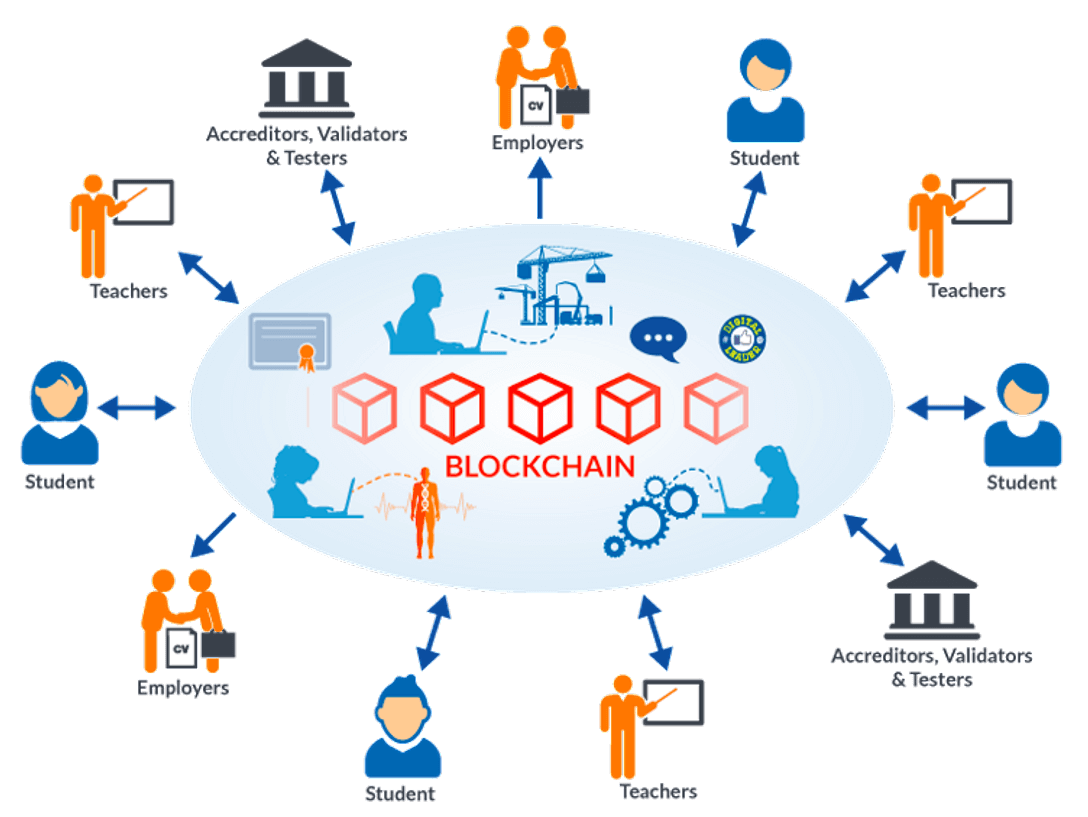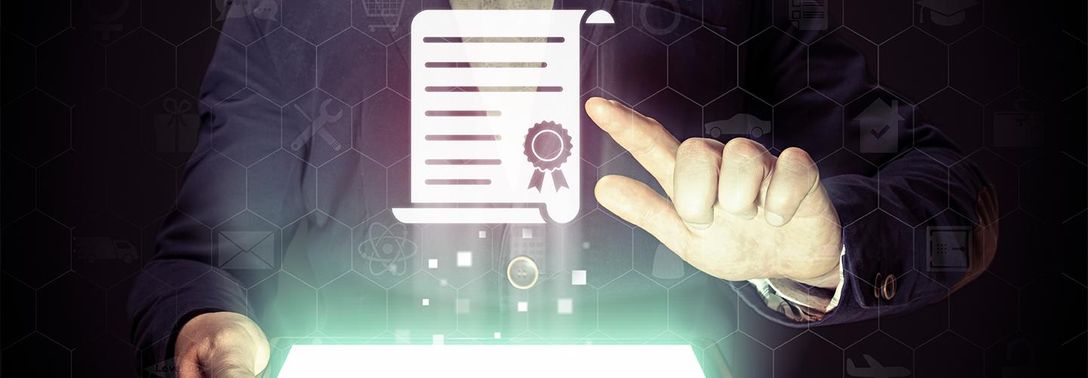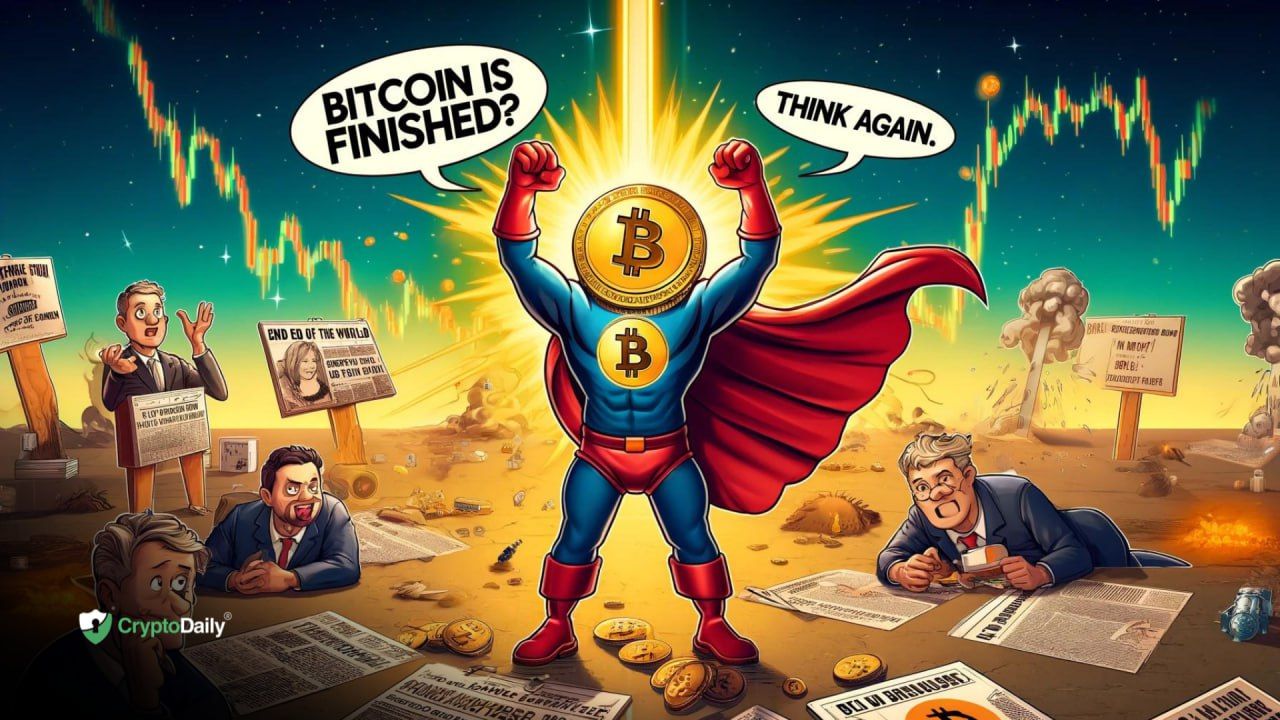More and more universities are beginning to acknowledge the potential power blockchain has in changing the way we think about education and the education industry. In recent weeks, a wave of academic institutions across the world have opted to issue graduation certificates on this still largely unexplored technology. Students and educators alike are finding themselves curious about the pros and cons of this new trend.
That's where this article comes in. Here, we will discuss the advantages and disadvantages of embracing blockchain for reporting and storing academic credentials. These universities have made a bold step and one that will surely have a ripple effect through the industry for a long time to come. Being aware of these implications now is essential for understanding how we can move forward to build better and stronger education sectors worldwide.

Blockchain and the Education Industry
Many immediately associate blockchain technology with bitcoin, and while it's true, bitcoin utilizes blockchain technology—it's far from the only thing blockchain can do. By providing consensus in a decentralized network, the immutable blockchain ledger can store and transfer anything of value in a highly secure manner.
This means that blockchain can store personal data, including certificates, licenses, and records, while cutting down on the costs associated with server and storage space. When we think of this in terms of education, it opens up possibilities for how universities manage student data, payments, certificates, and qualifications, as well as the potential to change internal library systems and the way we share and exchange knowledge.
Students learning how to write an exemplification essay on this topic will no doubt be faced with many severe questions and considerations given that the technology is exceedingly new. Underscored by the trend in universities to integrate blockchain education coursework into their curriculum.
Why Universities Should Use Blockchain For Issuing Certificates

In an age where scam degrees are on the rise, it’s more important than ever for employers and customers to know that the people they hire are who they say they are. One diploma mill scandal turned up 745 fake degrees on LinkedIn from the non-existent Corllins University.
Blockchain enabled certificates would make it more difficult for scandals like this to happen; employers would be able to quickly check on the credentials of every job candidate while giving educated applicants a more natural channel for proving their qualifications.
Blockchain could also help in validating credentials that span across several institutions or education systems. An entire person's education history, including degrees, licenses, and other qualifications, could be automatically stored chronologically. This would be done in a way that would allow individuals to maintain and manage their personal academic history.
For the institutions themselves, storing academic credentials on the blockchain would much cut down on the costs associated with file and data storage. Universities could use these systems to track student progress better and examine the qualifications of student applicants, further limiting the need for services that have historically been managed manually.
Concerns for Using Blockchain to Issue Certificates
As it is today, many are cautious about embracing blockchain technology for the purpose of distributing degree certificates. Many of them cite certain technological limitations of blockchain as well as concern over long-term security.
It’s true that blockchain is still a relatively new technology, and for every possible use-case, it will take time for it to be modified to run as efficiently as current models predict. Some feel that these efforts could become too costly and cumbersome and that the energy could be better invested in making certain legacy solutions more useable in the changing world.
Another concern regards a specific characteristic of blockchain, the inability to undo a transaction that has been verified on the network. This means that educational institutions will have to develop ways for nullifying or retracting degrees that are placed on the blockchain in circumstances where such degrees might need to be revoked.
Final Thoughts
Blockchain has already garnered severe attention amongst education institutions throughout the world—sending the clear signal that we all should be paying attention.
It brings absolute security and validity to the education industry, giving employers more power to see an applicants job history and allowing consumers the peace of mind to know that the professionals they higher have legal qualifications. More so, universities can reallocate resources from the costs saved by downsizing central servers and manual storage.
If blockchain is going to stay, however, it will require continuous developments to make sure it has the scalability and flexibility to be adopted universally.
What are your thoughts on blockchain issued digital degree certificates?
Investment Disclaimer







